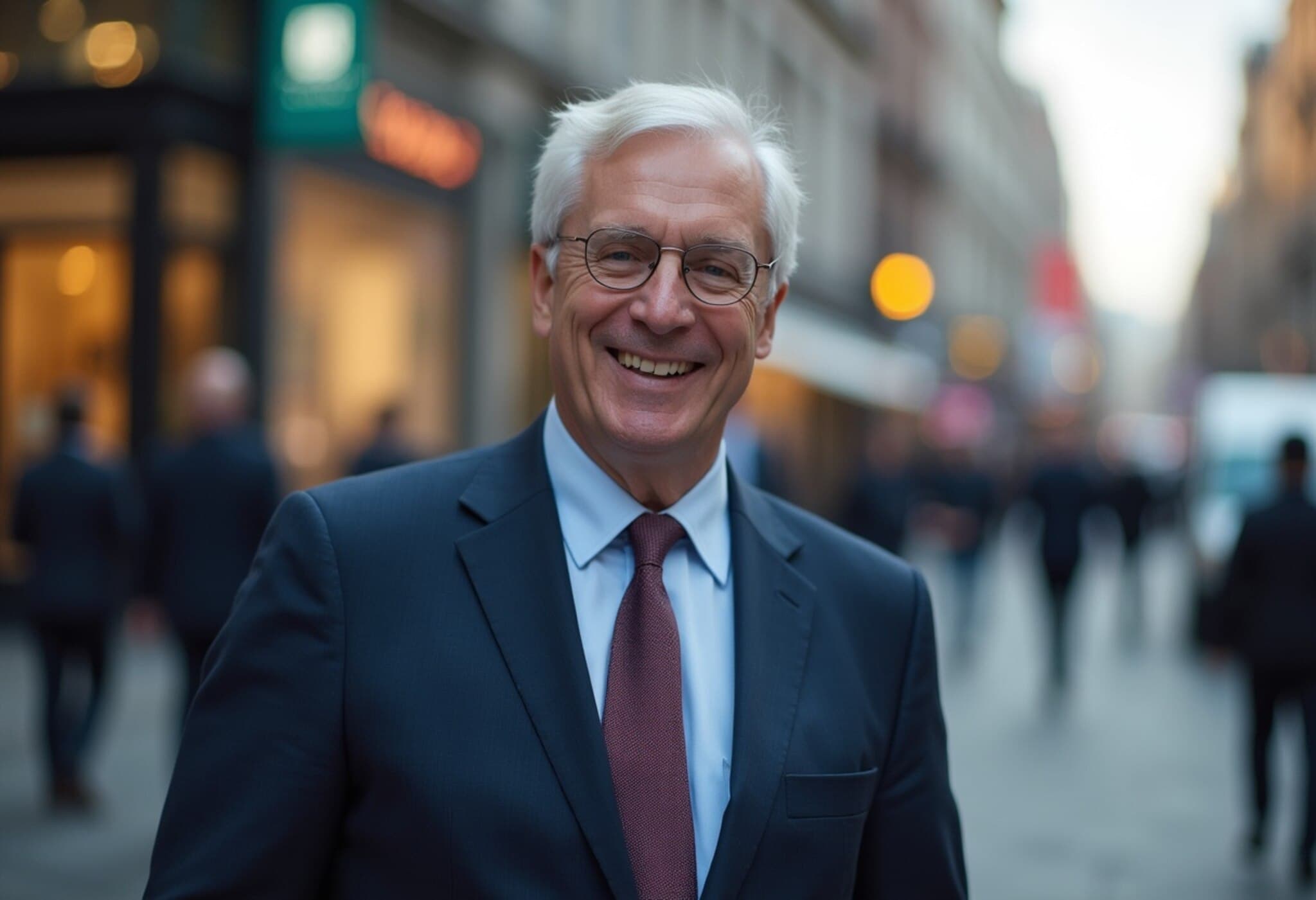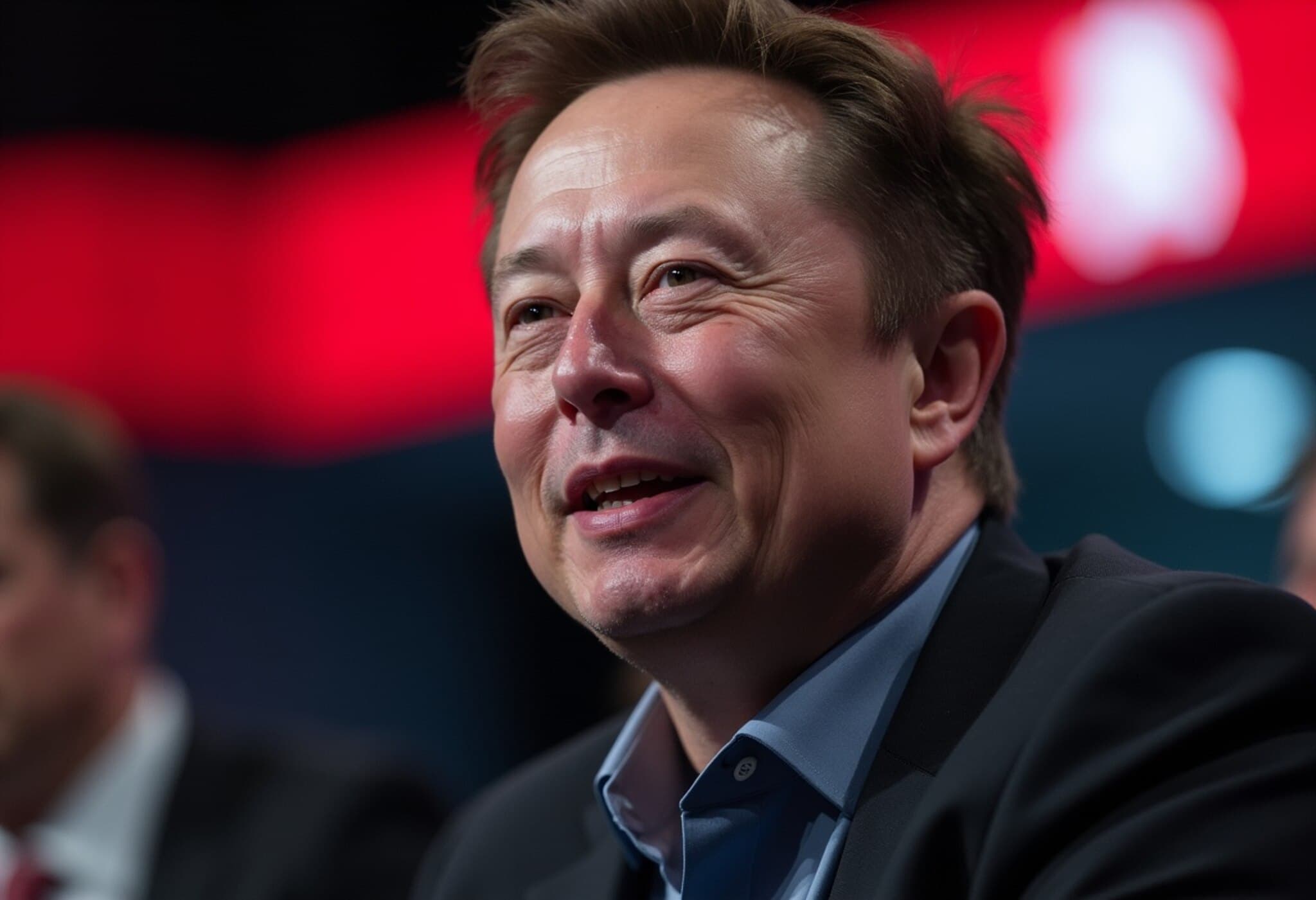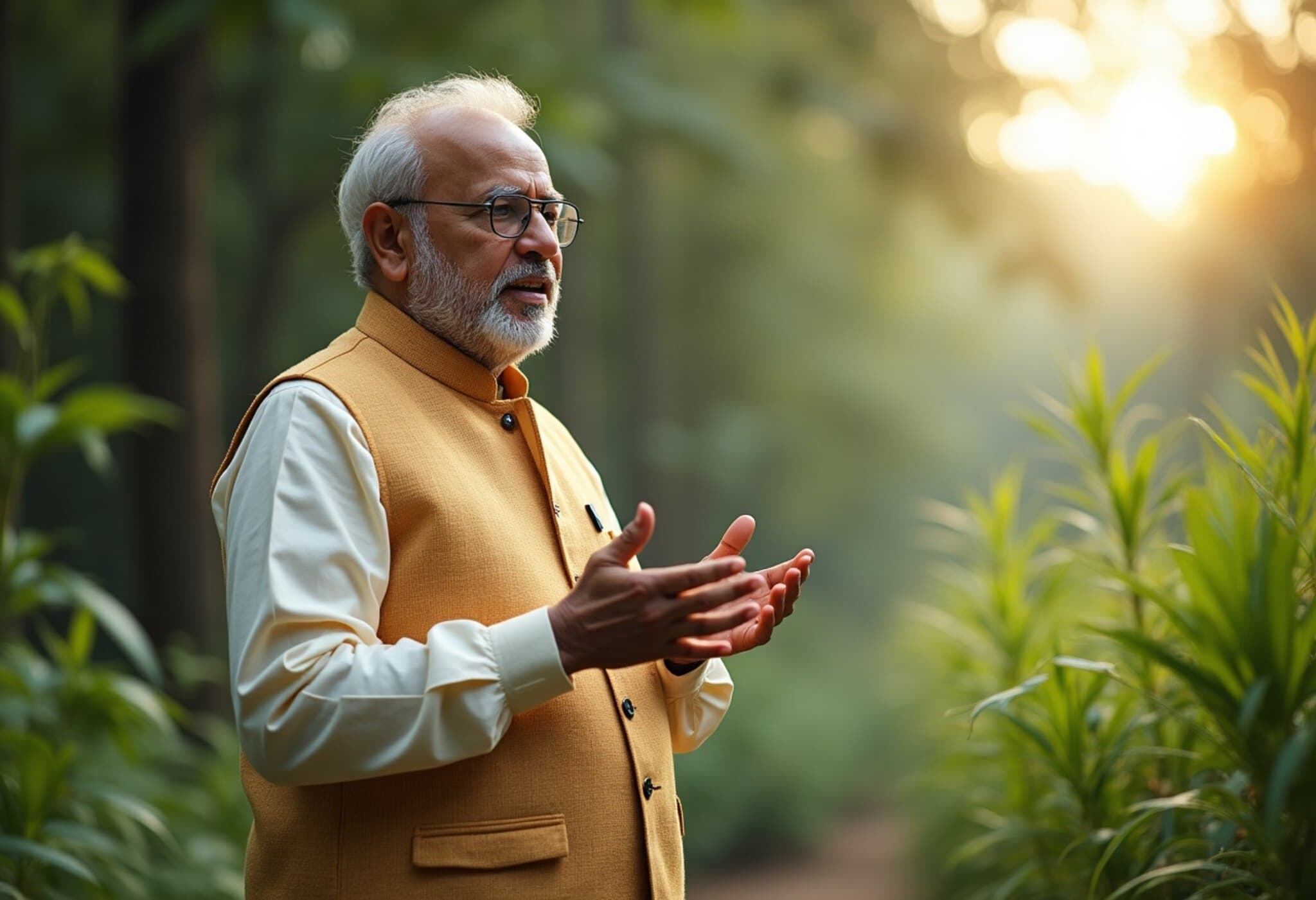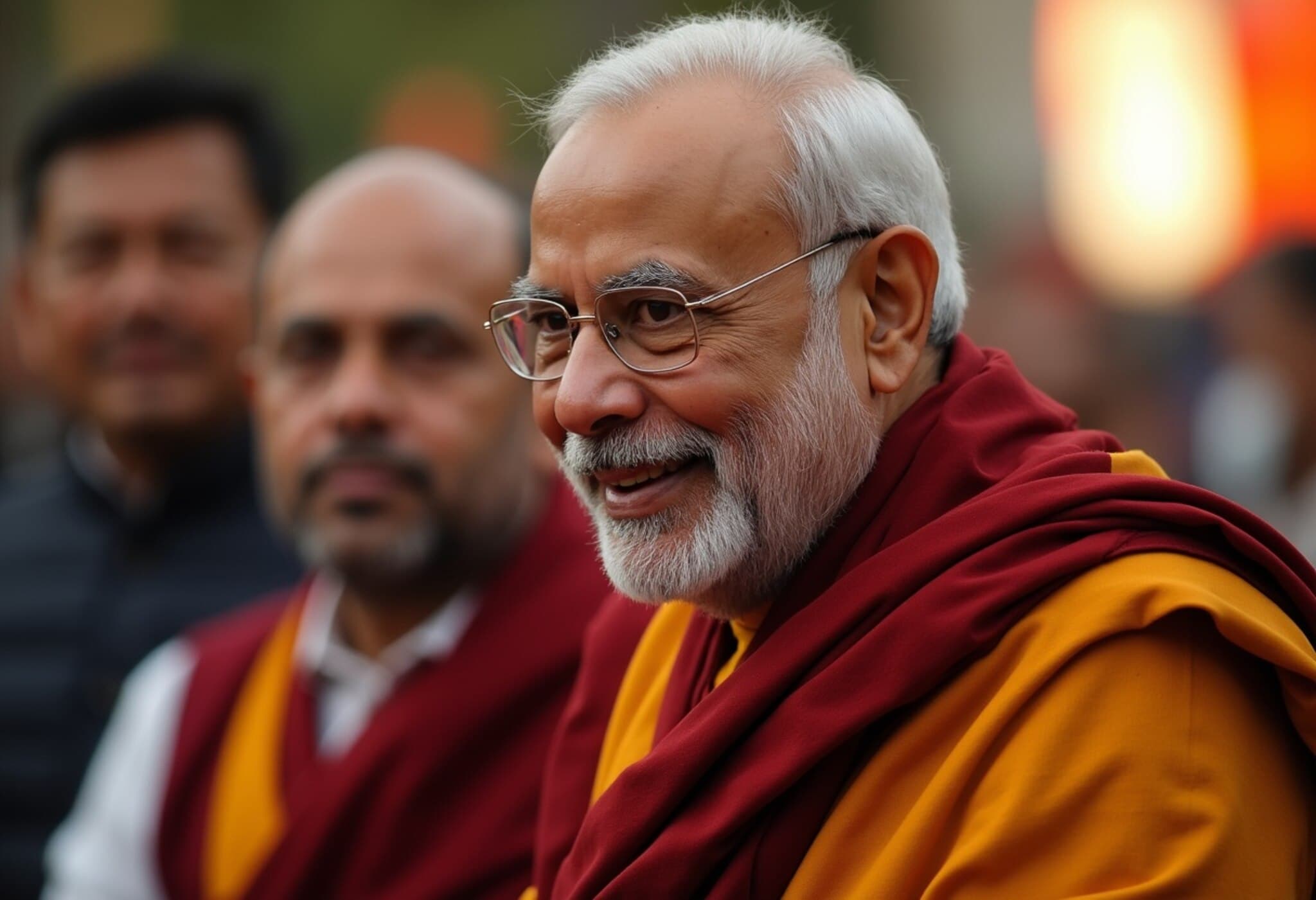UK and India Lead as Prime Investment Destinations Following US Trade Deal
In a striking reversal of fortune, the United Kingdom has climbed from sixth place to share the top spot with India as the most attractive destination for global investment, according to Deloitte’s Q2 Chief Financial Officer (CFO) survey of 2025. This renewed investor enthusiasm comes on the heels of a landmark UK-US trade agreement engineered by Prime Minister Keir Starmer earlier this year.
Trade Deal Revives UK’s Global Investment Appeal
The latest survey reveals that a net 13% of UK CFOs rate the country as either “very” or “somewhat” attractive for investment – a substantial jump compared to previous quarters. Ian Stewart, Deloitte UK’s chief economist, points to the trade pact signed in May as a pivotal factor easing prior uncertainty surrounding geopolitical and economic risks.
“While global volatility persists, this agreement marks a meaningful step to restore confidence in the UK’s market accessibility and trade stability,” Stewart notes.
Richard Houston, Deloitte UK’s chief executive, echoed this sentiment, highlighting how this shift signals not only confidence but a renewed risk appetite among business leaders.
Growing Appetite for Risk Among UK CFOs
For the first time in a year, fewer UK companies are favoring defensive strategies, with 17% of CFOs now willing to take on greater risk, up from 12% the previous quarter. Despite this uptick, defensive approaches such as cost-cutting and cautionary financial management remain twice as common as aggressive expansionary strategies.
- Expansion efforts – including launching new products and entering new markets – are now prioritized by 19% of CFOs.
- Defensive strategies continue to dominate but show signs of easing, with 41% favoring this approach.
Optimism Rises Amid Persistent Geopolitical Risks
The overall business sentiment has shown slight improvement, with the optimism index climbing from -14% to -11%. CFOs express hopeful projections about inflation easing to 2.9% by mid-2026 and anticipate that the Bank of England will reduce its base interest rate to approximately 3.75% within the next 12 months.
Nonetheless, geopolitical tensions remain the most substantial concern for finance leaders. Though the perceived risk level has marginally decreased from a weighted score of 74 to 71, it has consistently occupied the top position on CFOs’ risk agendas for over two years.
Contextualizing the Wealth of Investment Opportunities
The UK’s rise is not just a matter of statistics; it underscores a broader economic repositioning influenced by diplomatic efforts, market reforms, and growing trade partnerships. Similarly, India maintains its appeal as a vibrant, high-growth market, fueled by a youthful workforce and ongoing reforms aimed at attracting foreign direct investment.
From an American policy standpoint, the trade deal signifies Washington’s strategic interest in bolstering alliances outside China’s economic orbit, diversifying supply chains, and promoting Anglo-American economic integration. This development could shape global trade dynamics well into the next decade.
Editor’s Note
The Deloitte survey reflects more than just numbers; it captures shifting tides in global investment flows shaped by geopolitics, policy, and market confidence. The UK’s resurgence following the US trade deal highlights how robust diplomacy can translate into tangible economic uplift. Yet, persistent geopolitical concerns remind us that such optimism must be balanced with vigilant risk management.
Key questions remain: Will this renewed investor confidence sustain through upcoming global uncertainties? How will competing priorities—economic growth, inflation control, and geopolitical friction—shape investment strategies? Keeping a close eye on these evolving trends will be essential for policymakers, investors, and businesses alike.



















